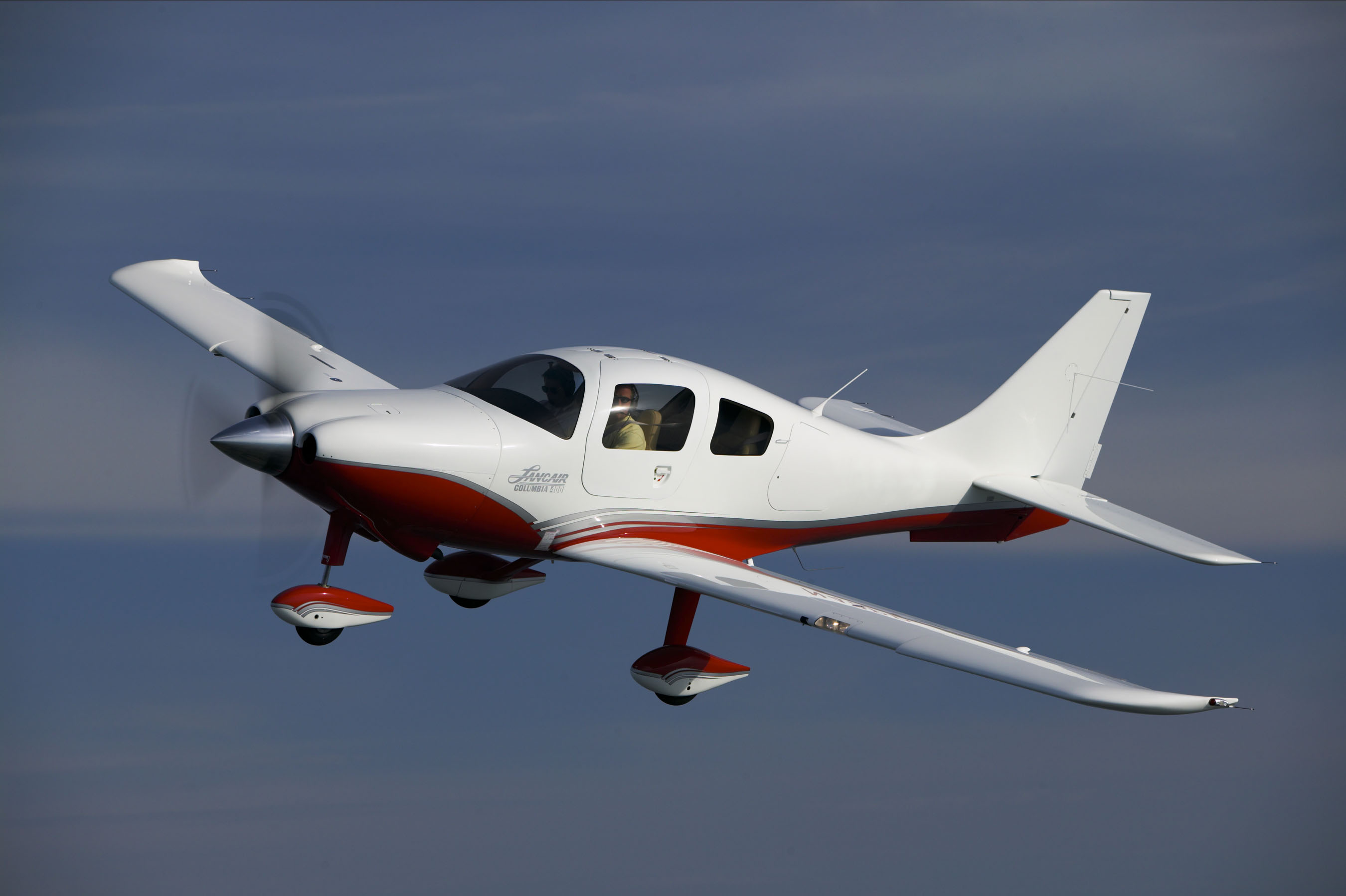Much like racing, the purchase of the airplane itself is not where the real expenses lie. Consumables, operating costs, and maintenance will get you. Unlike a car, they must be done. They can not be deferred. You also have to remain current with your flight time. You can't just fly one weekend every month or two as the funds are available then let the plane sit for a year while you're in a rough financial patch.
Also, the airframe is not the expensive part of an airplane. The powerplant is a bigger cost, and if you want good avionics, those can be even more. If you are planning to turn aviation into a future career, you will need a full avionics suite to get your instrument rating. This will be $10k+ easily. You will probably also want a Complex, High Performance aircraft to be able to fly you above weather. Things just got a lot more expensive.
Also look really hard about your potential to make aviation a future career. You're starting a bit late. Going on to get those civilian aviation jobs with a people or parcel carryer you will be up against all the guys coming out of the military with aviation as their actual job, turbine experience, and a lot more flight hours than you. I don't know for sure, but you might have okay luck with a thousand+ flight hours in light aircraft going to some sort of law enforcement, forestry, or firefighting gig since they'll be flying small Cessnas and such as spotter planes.
If your job is IT, and you want to fly. You might do better getting a good IT job that gives you the disposable income for aiplanes. Or, go into some sort of IT consulting or remote set-up field that requires you to do a lot of travel within a moderate sized area (say one state). That way, you can use your flying as a business expense and market it as a quicker way to service clients. My dad did something similar in the late 80's-early 90's flying around the Bay Area and Northern California to set up computer networks for schools, libraries, hospitals, etc. You don't need to be a professional pilot to make having an airplane marketable for your career.
Edit: Or aero-commute to a job in an expensive area like LA, NY, or the Bay. Then live in a far away suburb with much lower housing costs. The pay bump to normally cover people living in those ridiculously expensive areas can offset or cover the cost of operating a plane. A nice 45min-hour flight to work, bike to the office. No rush-hour stress.
Double-edit: I don't say the above to discourage you from flying. I tell you this to soberly evaluate it. Do not bank on aviation leading to a career. If you can manage and justify the expenses without expecting any kind of return on investment, go for it.









































